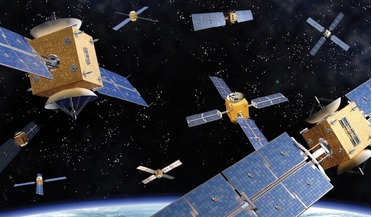 August 2018
Flouting the rules on satellite registrations
August 2018
Flouting the rules on satellite registrations
... be argued that UNOOSA does not have such powers under the Registration Convention. In such a case, the Registration Convention may be amended under Article X of the Registration Convention, which allows its review at the request of one third of the...
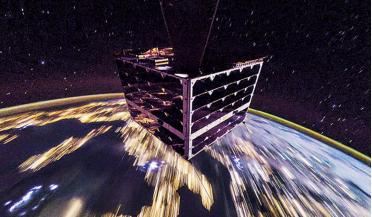 September 2023
A multifaceted approach to space sustainability
September 2023
A multifaceted approach to space sustainability
... countries launching objects into space that have not yet ratified the OST, the Registration Convention or the Liability Convention, which creates legal lacunae, or gaps, that could be exploited by unscrupulous actors. In terms of international law...
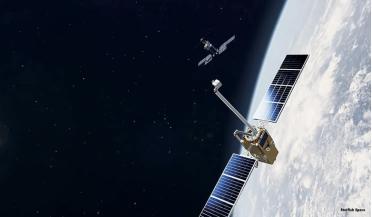 October 2025
The law as a last line of defence when space debris hit home
October 2025
The law as a last line of defence when space debris hit home
... redress for damage caused, under the current regime, is expensive, time consuming and uncertain According to the Registration Convention (RC), all States that seek to launch space objects must inform the Secretary-General of the United Nations...
 August 2021
AI in space – a legal perspective
August 2021
AI in space – a legal perspective
... and control over such object”, while the State of registry - a launching state according to Article II of the Registration Convention - retains ‘control’ over a space object with AI components. In a case of damage, the launching State will therefore...
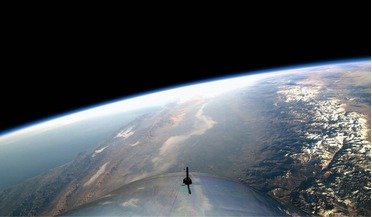 September 2021
Near space - the air-space boundary question, astronauts and space tourism
September 2021
Near space - the air-space boundary question, astronauts and space tourism
... all and instead speak of “persons on board a space object” (see Art III of the Liability Convention) or “spacecraft personnel” (Art II of the Registration Convention), neither of which takes the discussion any further forward. As the OST was written...
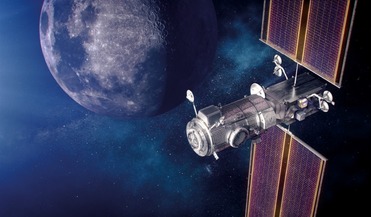 October 2020
Is NASA’s Artemis Accords agreement Moon-proof?
October 2020
Is NASA’s Artemis Accords agreement Moon-proof?
... Space, including the Moon and Other Celestial Bodies The Rescue Agreement of 1968 The Space Liability Convention of 1972 The Registration Convention of 1976 The Moon Treaty of 1979. The latter, with the objective of limiting unrestricted commercial...